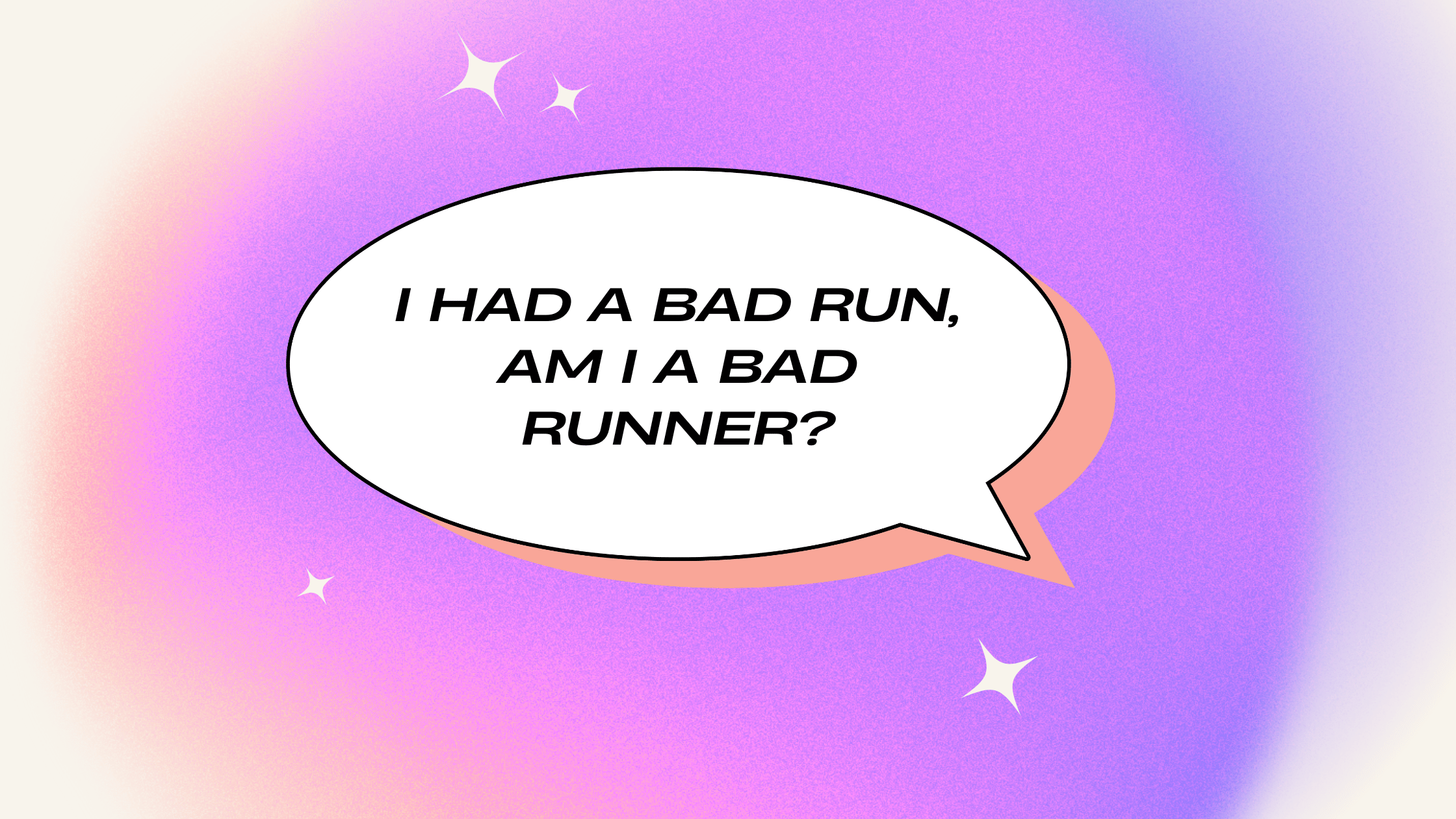Can Running Help Heal my Relationship With my Body?
If you are like me, and are fed plenty of women running content online, you may have stumbled across a few videos of ‘how running healed my relationship with my body.’ Don’t get me wrong, there is plenty of research that suggests that running can improve mood and mental health in general. But whether it can entirely heal your relationship with your body is a more complicated question.
In actual fact, it all depends on your motivation and reasons to run, your own perceptions and assumptions about your body, your individual experiences and the people and communities that you surround yourself with.
Our Body Image
Our body image (which really refers to the way we perceive our body, our thoughts, feelings and attitude towards our body) can be influenced by many things - our beliefs, family and friends, diet culture and social media. Unfortunately, lots of elite and everyday runners have been subjected to the messaging that being lighter and leaner means running faster. But, in fact, researchers have found that, especially in female athletes, body weight/ BMI is not correlated to performance. And that body dissatisfaction can lead to some runners measuring their success on how they look, which can lead to under-fueling and can result in disordered eating and low energy availability.
At Femmi, we want to shift this narrative.
Body Diversity
We are all unique, we have different bodies, different appearances and there is no specific “look” to being a runner. If you run and you have a body, you have a “runner’s body”. Just think about the athletes in the recent 2024 Olympics, all the participants running a marathon or your local Parkrun and the wonderful body diversity of all the runners. Running can give you confidence in what your body can do, rather than what it looks like, because remember, what we look like is the least interesting thing about us.
Running is not Punishment
Unfortunately, for some people, running was set up as a punishment from childhood. Do you remember having to run laps if you misbehaved? I do. We want to avoid ever using running as a punishment for food we’ve eaten or trying to change our bodies. A punishment is never going to feel like a lot of fun or something that we want to keep doing. Think about what you enjoy about running: being outside and feeling the sun on your skin; setting goals and working towards them; social connection and making new friends. There’s nothing wrong with setting goals or wanting to get faster, but it’s important to not let your pace dictate your enjoyment of running or to compare ourselves to others. We’re all on our own running journeys.
Connection for Mental Health
Running can also provide the opportunity to connect with amazing communities, like Femmi (shameless plug!), who lift each other up, support everyone, try to boost self-confidence and empower women in their running.
Although running has the potential to provide opportunities to have a different view of your body, running is not a replacement for therapy and it’s always important to seek support from a professional if you’re struggling with body image or eating concerns.
Top Tips to Help Improve Your Relationship with your Body
- Focus on what your body can do, rather than what it looks like. Our body is an instrument, not an ornament.
- Try thinking about what you’re grateful for that your body can do. E.g. Thank you legs for carrying me through my long run, powering up the hills and keeping me steady on the trails.
- Our words hold power and the way we talk to ourselves influences our emotions and behaviour. Try talking to yourself like you’d talk to your closest friend and show yourself care and self-compassion.
- Remember that all bodies are amazing and you deserve to be fed, fuelled and to take up space in this world.








.svg)
.png)